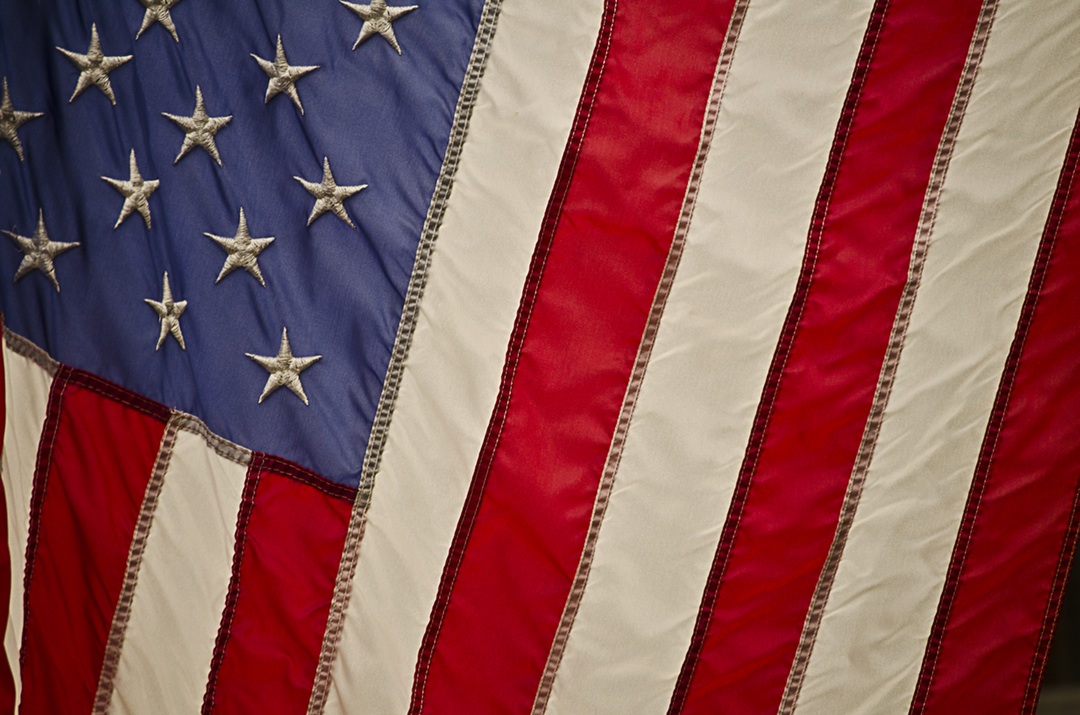I am a wife of a veteran, a daughter of a veteran, a granddaughter of a veteran, a niece of a veteran, and a cousin of a veteran. I am a veteran. Serving in the military runs through my blood. Yet, I hardly stop to think about what that means to me. On the surface, it means that my parents have in their dining room a collection of framed photographs of all who have served in our family. Frozen in time, at the young age of 17 or 18, each member is dressed in their uniform with that serious and noble look about them. It means that we have countless coffee mugs with United States Air Force logos on them (one even with my faded picture on it that I got for my dad upon graduating basic training) and tchotchkes that we have picked up from our journeys around the globe. These are our outward-facing indicators that we are veterans. We served. We survived to tell about it.
But what it really means to me is complicated. There is pride, of course. But there is also heartache and those other emotions that cause that rising lump in your throat, like the one I have now as I write this. You see, for me the reality of being a veteran and being married to a veteran has not been easy. In fact, it has been the most difficult part of my whole existence.
My husband served in both Afghanistan and Iraq in support of Operation Enduring Freedom and Operation Iraqi Freedom. He now carries with him deep psychological war wounds that cannot be erased. Known by many names throughout the history of war, like shell shock and soldier’s heart, my husband was diagnosed with post-traumatic stress disorder. His diagnosis changed his life and my life at its most fundamental level. Our new normal now includes sleepless nights haunted by ghosts of war and bouts of debilitating depression, anxiety, and mood swings. This is my reality of what it means to be a veteran.
In contrast, being a veteran and part of a family of veterans means a lifetime of unforgettable memories and stories, like the time that I was yelled at and made to do push-ups for waving hello and smiling to an old friend in the chow hall at basic training (humiliating then…comical now) or the surreal moment of joy and relief when my husband first walked in the door of our apartment upon his return from Iraq. Growing up with grandpa’s stories of serving on a naval ship during World War II and dad’s stories of serving as a Minuteman in the missile silos of the South Dakota plains are all a part of what being a veteran means to me.
I told you it was complicated…


